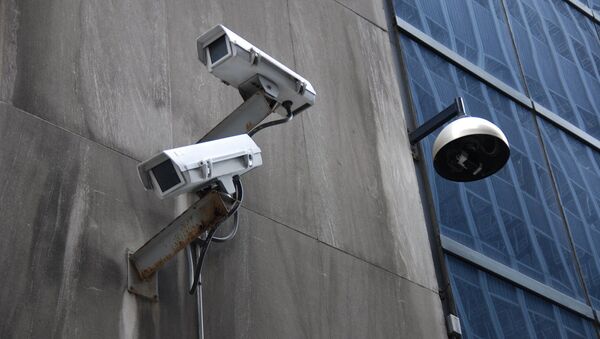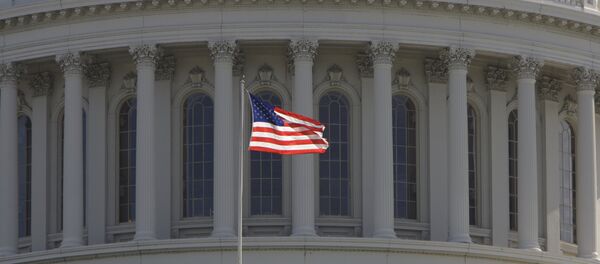“[T]he Attorney General and Director of National Intelligence are placing additional restrictions on the government’s ability to retain, query, and use in evidence in criminal proceedings communications between Americans and foreign citizens,” the report said.
The new restrictions apply to information collected under Section 702 of the Foreign Intelligence Surveillance Act, which authorizes the government to collect intelligence information on foreign nationals, but prevents it from deliberately targeting US citizens and permanent residents, according to the report.
Under the new rules, the National Security Agency “will require a written statement of facts showing that a query is reasonably likely to return foreign intelligence information.” The Central Intelligence Agency’s procedures will be similarly updated, the report said.
The new rules uphold the existing requirement that the government must delete communications, involving or pertaining to US citizens and permanent residents obtained under Section 702.
“In addition, the policy requires the Department of Justice and the Office of the Director of National Intelligence to conduct oversight over these retention decisions,” the report said.
The new rules uphold the existing requirement that the government must delete communications involving or pertaining to US citizens and permanent residents obtained under Section 702. They also require the Justice Department and Director of National Intelligence to monitor decisions to retain communications.
The US government is also placing new limitations on how much information can be retained about non-US persons, according to the report.
“Before PPD-28 (Presidential Policy Directive 28), Intelligence Community elements had disparate restrictions on how long information about non-US persons could be retained,” the report said. “PPD-28 changes these retention practices in significant ways to afford strengthen privacy protections.”
![]() According to the report, the US intelligence community must delete non-US personal information collected through SIGNIT (Sustainable Infrastructures and Geospatial Networks of Information Technology) five years after collection unless it has been determined to be relevant to an authorized foreign intelligence requirement or if the director of national intelligence determines, after consultation with the Office of National Intelligence Civil Liberties Protection Officer and agency privacy and liberties officials, that retention is in the interest of national security.
According to the report, the US intelligence community must delete non-US personal information collected through SIGNIT (Sustainable Infrastructures and Geospatial Networks of Information Technology) five years after collection unless it has been determined to be relevant to an authorized foreign intelligence requirement or if the director of national intelligence determines, after consultation with the Office of National Intelligence Civil Liberties Protection Officer and agency privacy and liberties officials, that retention is in the interest of national security.
These limitations are one of many other privacy rules governing mass surveillance programs set to take effect, according to the report.




